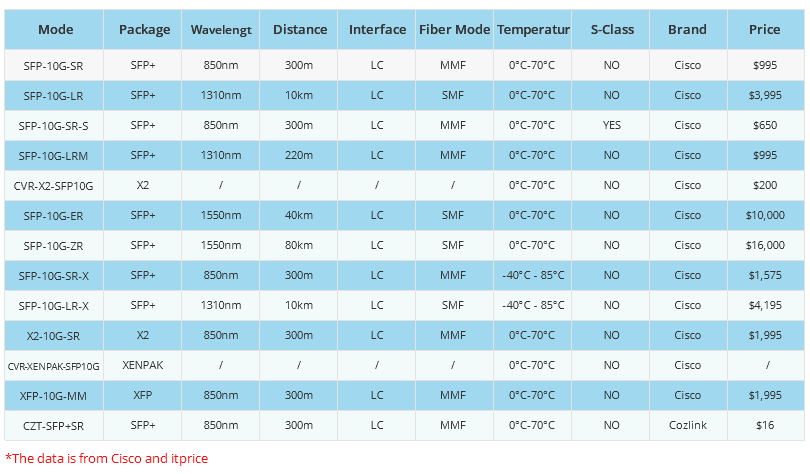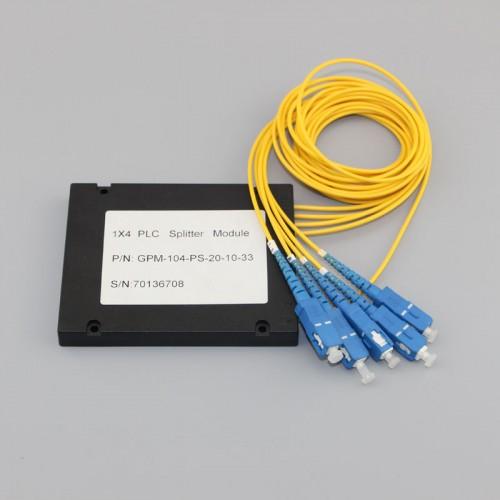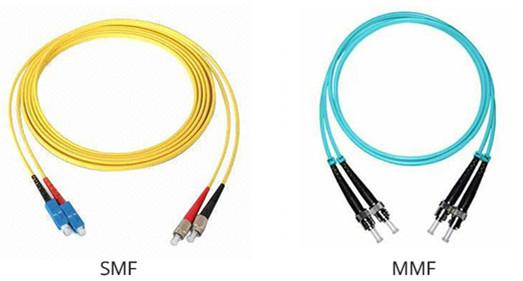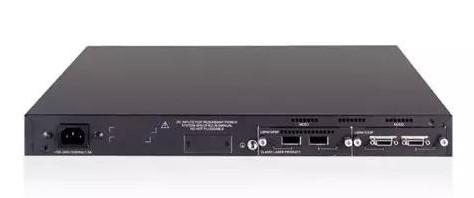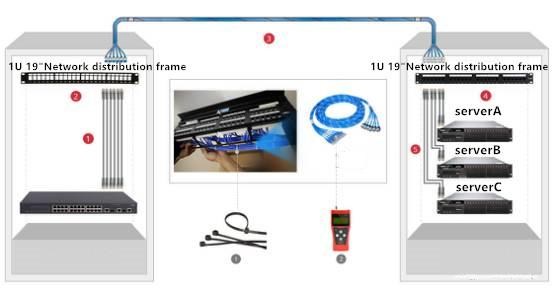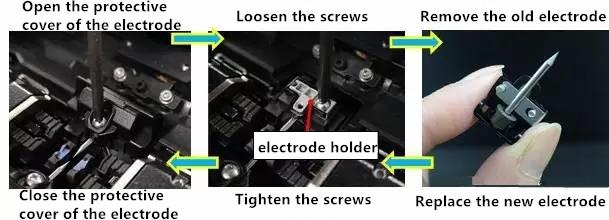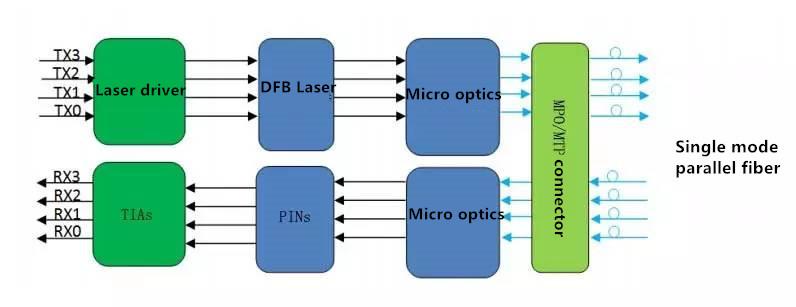- Related articles
- Optical Transceivers for Cisco IE-4000-16GT4G-E Switch
- Optical Transceivers for Cisco N3K-C3064PQ-10GX Switch
- Optical Transceivers for Cisco SF350-48P-K9-EU Switch
- What Is Multiport Network Card
- Optical Transceivers for Cisco SG350XG-2F10-K9-EU Switch
- All Cisco SFP-10G-LR’s Information ( Overview, Features, Datasheet PDF, Price, Specificati
- Apply to 40GBASE-SR4 Standard optical transceiver models
- Optical Transceivers for Cisco WS-C3560E-24TD-SD Switch
- What Is GJXH Fiber Optic Cable?
- Optical Transceivers for Cisco N3K-C3172TQ-XL Switch

Cisco network equipment has a variety of models, which often confuses people and makes it difficult to record, so it’s necessary to conclude the meanings that various product models stand for.
1. The meaning of the letters in the Cisco product models
1. Product models that start with CISCO are routers;
2. Product models that start with RSP are engines of CISCO7500 series.
3. Product models that start with RSP VIP are multi-functional interface processor module of CISCO 7500 series.
4. Product models that start with PA are modules of CISCO 7500/7200 series.
5. Product models that start with NPE are engines of CISCO7200 series.
6. Product models that start with NM are CISCO low-end router module;
7. Product models that start with WIC are the WAN interface module of CISCO low-end router;
8. Product models that start with VWIC are the voice interface module of CISCO low-end routers;
9. Product models that start with WS-C are switches;
10. Product models that start with WS-X are the engine or module of the switch;
11. Product models that start with WS-G are the switch's Gigabit fiber optic module.
12. NN is the serial number of the switch, XX is the number of ports for the switch of fixed configuration, for the modular switch, it is the number of slots; With -C sign stands for a fiber-optic interface, -M stands for modular.
WS-C2960-24TT-L, what does WS mean?
W represents support for IPSEC 40-bit encryption
S represents the Switchboard switch
WS is the representative of the Switchboard switch model that supports IPSEC 40-bit encryption
WS-C is a two is a C is a X, C on behalf of the curing switch or chassis, X represents the module.
“A” or “-EN” respectively refers to the standard version or enterprise version of switch software.
Example: WS-C3750G-48TS-S
C3750 indicates that this product belongs to the 3750 series, which is the product model.
G ---- That all of its interfaces are to support Gigabit or more, if not, this indicates that the main port is 10 / 100M or 100M
48 ---- Indicates that it has the main port number of 48
T ---- Indicates that the main port is the electrical port (that is, the so-called Twirst Pair port
P ---- Indicates that the main port is electrical port, while supporting PoE Ethernet power supply
S ---- Indicates that the interface with the extension is an interface of SFP type
The last part of the S shows that the switch with the software is SMI standard image
E ---- that is EMI image.
2. Explanation about the letter behind the model
Such as the position of G in WS-C3750G-48TS-S
Empty - Indicates that the primary port is 10 / 100M or 100M
G - All gigabit and above, except 2950G, G means GBIC uplink
E ---- 07 launched in the second half, full line speed forwarding, 10 Gigabit interface expansion
3. Explanation about the first group of letters behind the model
Such as the position of the “TS” in the WS-C3750G-48TS-S.
· T ------ indicates that the main port is the electrical port (that is, the so-called Twist Pair port);
· P ------ indicates that the main port is electrical port, while supporting PoE Ethernet power supply;
· S ------ indicates that the interface with the extension is SFP type interface, SFP uplink;
· D ----- 1 10 Gigabit Ethernet XENPAK port 10 Gigabit uplink;
· C ----- T / SPF uplink;
· W ----- Integrated Wireless LAN Controller (50 support for up to 50 access points);
* TT ----- the common port and uplink port are BaseT;
LC ----- indicates that the common port is BaseT, and some support PoE (4) uplink port is BaseT / SFP;
· PC ----- indicates that the common port is BaseT, and all support PoE (24) uplink port is BaseT / SFP;
TC ---- indicates that the common port is BaseT, uplink port is BaseT / SFP;
TS - that TC represents the ordinary port is BaseT, uplink port is SFP;
PS - that PS represents the common port is BaseT and all support PoE, uplink port is SFP;
* FS ---- that ordinary port is 100BaseFX, uplink port is SFP;
T ----- that T represents the ordinary port is BaseT, no Uplink port;
4. Explanation about the second group of letters beyond the model
Such as the position of “–S” in WS-C3750G-48TS-S
· -L: LAN Base Image
· -S: Standard Image
· -E: Enhanced Image
· -F: Full power
Cisco switches have the following series:
1900 Series: 1924
2900 Series: 2924, 2924M
2950 Series: 2950-24, 2950G-24 / 48, 2950C-24, 2950T-24, 2950SX-24/48
2960 Series: 2960-24 / 48TT-L, 296024 / 48TC-L
3500 Series: 3508G, 3524, 3548
3550 Series: 3550-24-SMI / EMI, 3550-48-SMI / EMI, 3550-12G / T
3560 series: 3560-24 / 48 also with G
3750 Series: 3750-24 / 48-TS-S, 3750-24 / 48-TS-E 3750G-24/48-TS-S, 3750G-24/48-TS-E, 3750G-12S
4000 Series: 4003, 4006
4500 Series: 4503, 4506, 4507R
6000 Series: 6006, 6009
6500 Series: 6506, 6509, 6513
7600 Series: 7609, 7613
There are two categories of the switch, one is fixed configuration switches, including 3500 and most of the following models, such as 1924 is 24 port 10M Ethernet switch, with two 100M uplink port. In addition to the limited software upgrades, these switches cannot be extended;
The other is a modular switch, mainly refers to the 4000 and above models, network designers can select a different numbers and types of interface board, power supply module and the corresponding software according to the network demands.













































